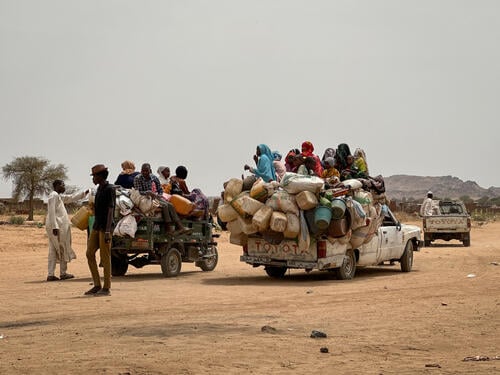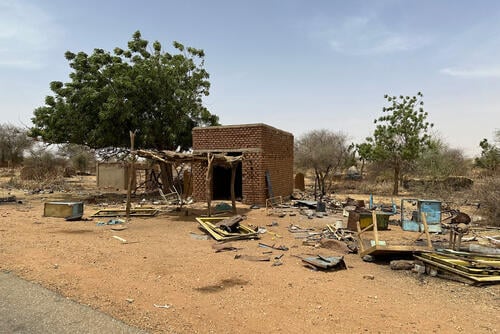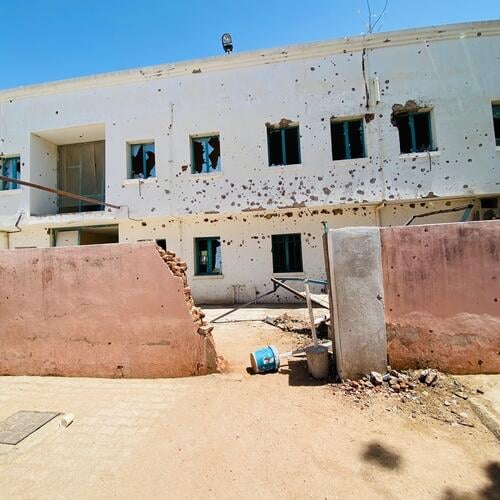Last updated on 21 February 2025.
The war in Sudan is a war on people. Across large parts of Sudan, and especially in Darfur, people have experienced ongoing violence, including intense urban warfare, gunfire, shelling, and airstrikes. Our teams are treating patients with injuries caused by explosions, bullets, and stabbings. Healthcare workers and facilities have been attacked and looted.
An estimated 12 million people have been displaced, including over 3 million who have sought safety in Chad, Egypt and South Sudan (UNHCR). Displaced people’s camps lack adequate healthcare and humanitarian aid. There are catastrophic levels of malnutrition.
The World Health Organization estimates that 70 to 80 per cent of health facilities are non-operational. With very few international aid organisations on the ground, the humanitarian response is far from adequate. Restrictions imposed on humanitarian organisations by the Sudanese authorities further isolate people in need of assistance.
Featured
MSF’s response in Sudan
In Sudan, MSF is present in 10 out of the 18 states in the country. Our 1,500 Sudanese staff and 200 international staff currently work in and/or support 22 hospitals and 42 basic healthcare facilities, clinics, and mobile clinic sites.
In Sudan, MSF teams:
- Provide emergency medical treatment, including surgeries, for war wounded and non-war related injuries.
- Respond to disease outbreaks.
- Provide maternal and paediatric healthcare
- Offer water and sanitation services.
- Donate medicines and medical supplies to healthcare facilities, and provide incentives, training, and logistical support to Ministry of Health staff.
- Treat children and pregnant women with malnutrition both at-home and in-hospital.
- Conduct vaccination campaigns.
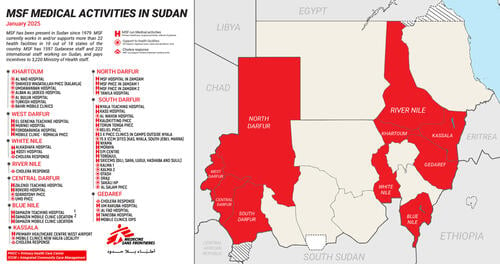
MSF emergency response in Sudan (January-December 2024)
889,700
889,7
194,000
194,
59,880
59,88
24,310
24,31
MSF’s response in bordering countries
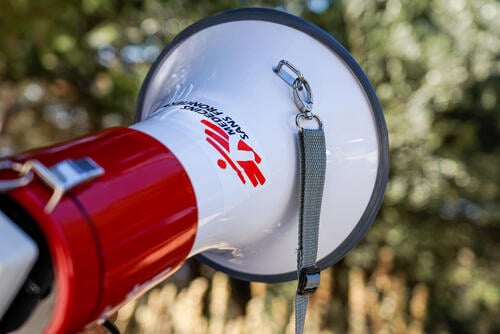
Sudan: MSF returns to Khartoum’s Bashair Teaching hospital amidst soaring cholera needs
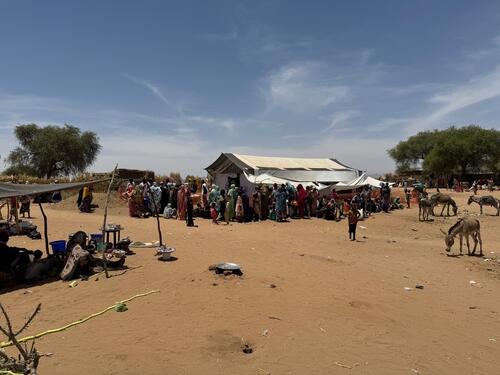
People fleeing Zamzam camp arrive to overwhelmed humanitarian response in Tawila
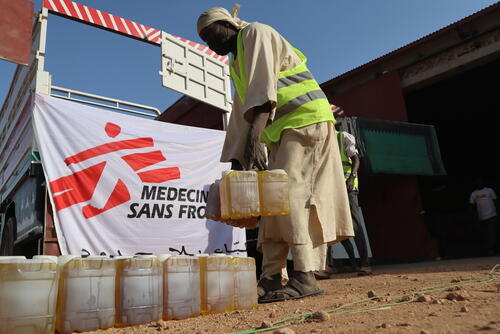
Action must be taken now to avert worsening malnutrition crisis in South Darfur

Desperate situation for people fleeing Zamzam camp in Sudan
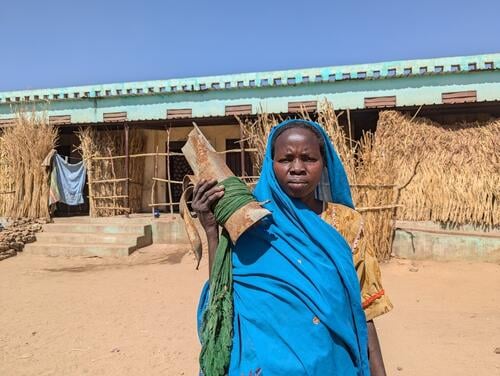
Compounding crises after two years of war in Sudan leave millions more in need than ever
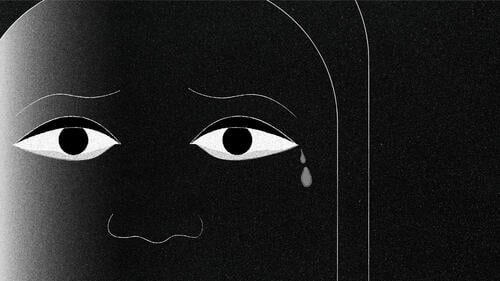
Stories of violence and forced displacement from South Kordofan, Sudan.
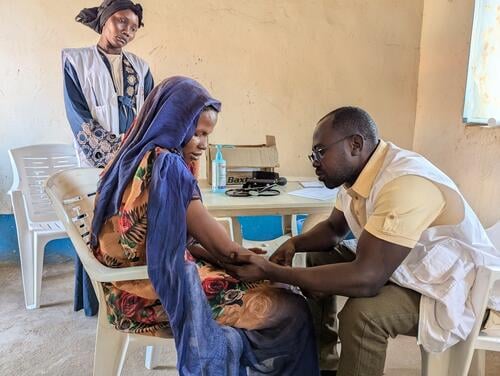
Pregnant women face miscarriage and delivery complications in Darfur, Sudan
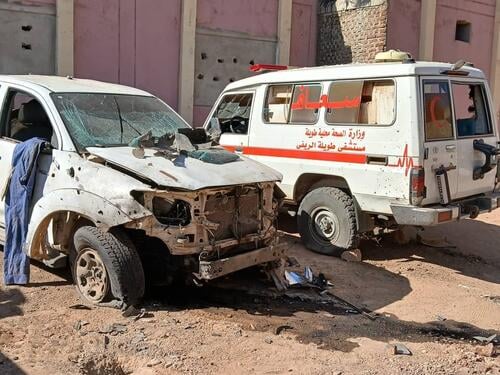
MSF briefs UN Security Council on “war on people” in Sudan
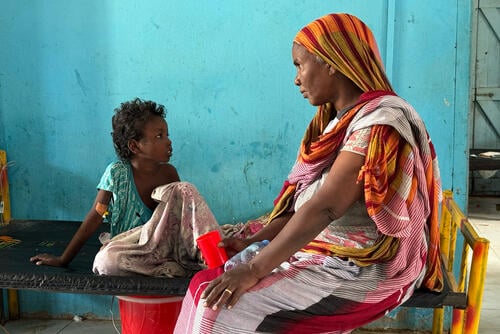
Thousands of cholera patients treated in Sudan’s White Nile State
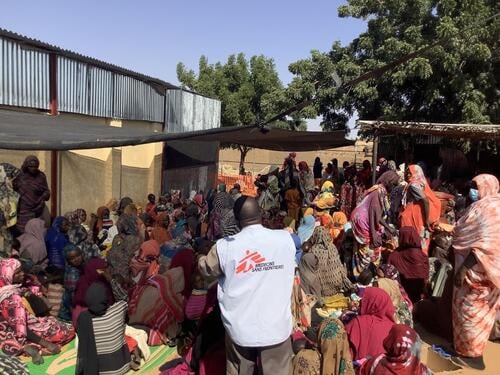
Sudan: MSF forced to halt activities as violence engulfs Zamzam camp in North Darfur
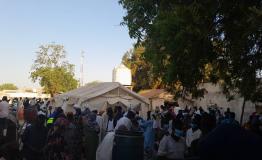
Over 800 people hospitalised and dozens are dead from waterborne infection in Sudan’s White Nile state
